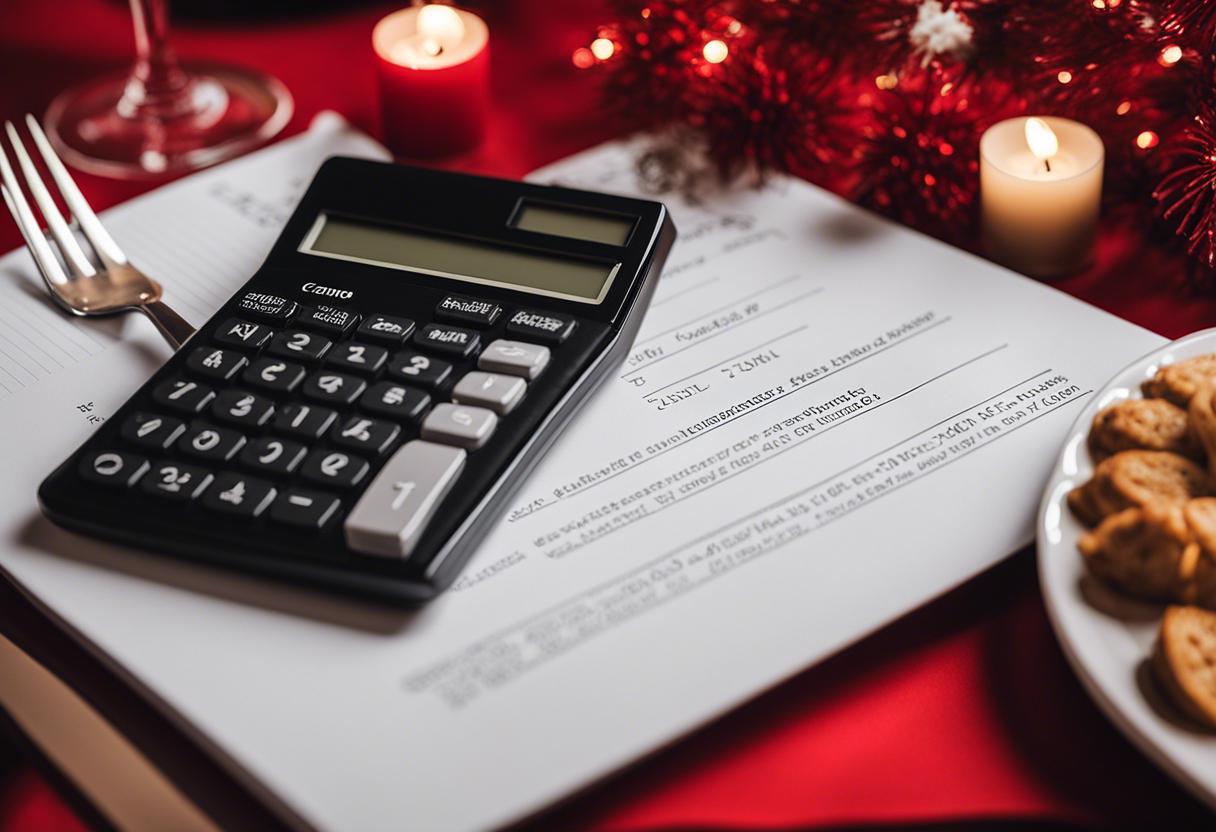The perils of overspending while on holiday abroad have become significantly more potent, causing an imbalance in our financial planning as we enjoy foreign climes. Recent data unveiled by the UK’s Post Office has emphasised an ever-increasing discrepancy between tourists’ anticipated expenditure and the reality – a record over the last ten years. On their last holiday, the information indicated that 75% of those questioned devised an average spending limit of £334 per person, however, around two-thirds admitted they exceeded this amount, averaging an additional spending of £155 per head. For some families, the financial impact was much more severe; planned to spend an average of £566 per person but ended up spending an additional £312 on average.
The investigation considered everyday expenses, excluding costs such as flights or lodgings. ‘Family overspending has almost doubled since the onset of Covid-19,’ according to the Post Office, attributing blame to the higher cost of living, evidenced by escalating prices throughout Europe.
A significant 57% of British tourists cited unanticipated high eating-out costs as a key reason for budgetary misjudgments. Meanwhile, a third identified higher than expected supermarket costs for food and beverages as a problem. A nearly equivalent number of people attributed their overspending to pricey drinks, while 44% said they splurged too much on sightseeing and excursions.
Gastronomy was acknowledged as the primary cause of overspending by families. A third of families also admitted that indulging their children in activities such as water parks, beach toys and ice creams contributed to the financial imbalance.
The research also delved into the understanding of all-inclusive packages. Despite the increasing popularity of these offers as a potentially efficient way of managing holiday finances, the Post Office’s findings suggest this method is somewhat flawed – the proportion of people paying extra for meals and drinks on these deals has quadrupled over the last ten years to 57%, with fewer items included in such deals than before, especially a variety of alcoholic drinks.
Laura Plunkett from the Post Office emphasises that most individuals fail to set appropriate budgets, leading to excessive spending. She advises that one way to circumvent under-budgeting is by referencing the expenditure from one’s previous holiday to establish a realistic budget for the forthcoming trip. This guidance is undoubtedly beneficial, assuming individuals accurately recall their former spending habits, which can often be misremembered.
Though this study is based in the UK, Pricewatch is confident that the findings will reverberate with many Irish holidaymakers too. We surveyed individuals via social media platform X to uncover the reality about their spending behaviour during holidays. “Do you drop the amount you estimate, less than your estimate, more than your estimate, or considerably more than your guess when you’re on holiday?” that’s what we wanted to know.
The outcome was predictable. Slightly over 20% of participants affirmed they spent as expected, while 10% disclosed spending less than their original estimation. However, the majority, slightly more than half, confessed they ended up spending more than projected, and a fraction over 17% admitted outspending their budget significantly. We also queried about their overspending areas.
Killian Fitzpatrick noted that even though his holiday was self-catered, they ate out more frequently. He said, “Though, my partner and I can cook, but the appeal of dining out when on holiday is higher, and that’s where most money is spent.” Louise O’Connor concurred, saying, “Food is a principal expenditure”, attributing her increased eating-out expenses to non-availability of a kitchen in a hotel, or unfamiliarity with the kitchen setup when staying in an apartment.
John Maguire shared his experience of doing a big shop but with an unexpected consequence. Rather than being a cost-saving strategy, it led him to eat out thrice daily as there was no desire to cook despite a well-stocked fridge. This invites us all to comprehend how we can better avoid significant underestimation of holiday expenditure.
1. Establish a reasonable budget. It’s futile to set a spending limit of €50 if you’re in a location where a Magnum can be up to €4 – heavy glance towards you, Ireland. A brief online search to gauge the prices at your travel destination would be beneficial. Bear in mind that there might be a cost-of-living crisis in that area, so don’t base your expectations on past experiences.
2. Devise a daily expenditure plan based on your budget and monitor it while on holiday. We wouldn’t advise turning it into a game – it’d be a rather poor one – but keep in mind that underspending one day allows for additional expenses the next day.
3. Going for self-catering is a wise option, especially when travelling with children. Dining out for every lunch and dinner for a fortnight for a group of four can quickly consume your budget. However, avoid doing a massive grocery haul. It’s pointless to shop as if you’re at home unless you intend to cook like you’re at home.
4. Be mindful of your incidental expenses. The total cost of frequent coffees, ice-creams, pints, and beach toys can rapidly accumulate. We’re not suggesting you abstain from these, but be observant of the running total in the early holiday’s phase and reconsider multiple purchases of disposable plastic beach toys. A helpful tip would be to steer clear of the shops brimming with such novelties, particularly with impressionable youngsters in tow.
5. Avoid being overly scrutinous. Remind yourself that you’re on holiday. Unwind and make the most of your time.

